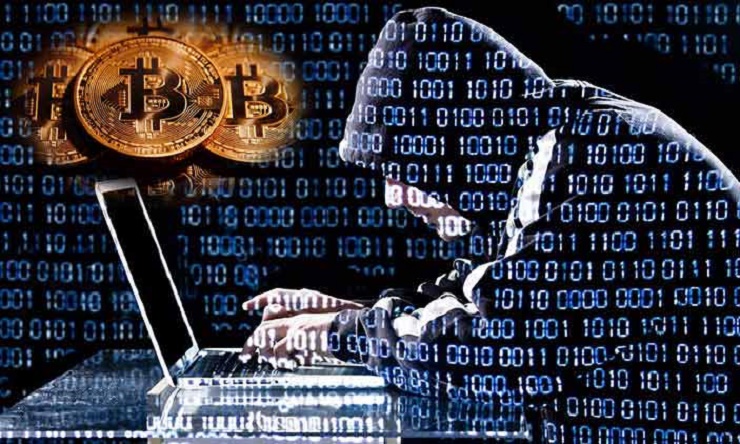Economists warn Bitcoin manipulated by one or two big actors

Researchers found that a single actor was “likely” behind several accounts that bought millions of dollars worth of bitcoin and drove the exchange rate in the US from $150 to $1,000 over the course of two months.
In a paper published in a recent issue of the Journal of Monetary Economics, a team of researchers examined the impact of fraudulent activity that occurred on the leading bitcoin currency exchange in 2013, and found that a single actor was “likely” behind a massive spike in exchange rates.
In their paper, “Price Manipulation in the Bitcoin Ecosystem,” the researchers from Tel Aviv University in Israel and the University of Tulsa examined Mt. Gox transactions over a ten-month period from February to November 2013, and found that approximately 600,000 bitcoins, valued at $188 million, were “acquired by agents who likely did not pay for the bitcoins.”
In an early version of the paper published by the Tandy School of Computer Science at the University of Tulsa, researchers said they discovered a group of users that had “??” as an entry for country and state fields, which usually contain location data or a null value.
After analyzing the accounts with abnormal location values, they found one account named “Markus,” which was different from the rest. Markus never paid transaction fees and “reportedly paid seemingly random prices for bitcoins.”
“Markus likely did not pay for the bitcoins he acquired; rather, his account was fraudulently credited with claimed bitcoins that almost certainly were not backed by real coins,” the researchers wrote. The Markus account bought a total of 335,898 bitcoins, worth $76 million, over the course of 225 days.
An additional 49 accounts with abnormal location values were grouped into a collection of accounts that the researchers named “Willy.” Each of the Willy accounts bought exactly $2.5 million worth of bitcoin before they became inactive. The researchers referred to the group of Willy accounts as “Willy Bot,” which they said collectively bought around 268,132 bitcoins for just under $112 million over the course of 65 days.
The paper claims that Willy Bots were allowed to make trades even during the times when the Mt. Gox trading API (application programming interface) went offline for several hours, while no other trading activity was being processed.
The paper states that during a trial in Japan, the former Mt. Gox CEO Mark Karpeles “confirmed that the exchange itself operated these accounts and that the trades were issued automatically.”
The researchers pointed to a Reddit theory, which claims that hackers stole around 650,000 bitcoins in 2011 and Mt. Gox founder Mark Karpales “took extraordinary steps to cover up the loss for several years.”
“By offering to buy large numbers of bitcoins, Willy could prop up the trading volume at Mt. Gox and ‘convert’ consumer ‘bitcoin’ balances to fiat money,” the researchers wrote. “Consequently, this theory holds that Willy was not trying to profit directly from these large purchases, but rather was trying to stave off collapse of the exchange.”
Having driven up the transaction volume, the bots were able to minipulate the bitcoin price — recouping millions of dollars in the process.
The Mt Gox exchange itself wasn’t concerned, as it still made a profit from the increased transaction fees.
In light of their findings, the researchers sounded a word of warning on present-day cryptocurrency markets, given the explosion of new coins which trade in thin, illiquid markets.
“The number of cryptocurrencies has increased from approximately 80 during the period examined to 843 today. Many of these markets are thin and subject to price manipulation,” they said.
In view of all that, “it is important to understand how susceptible cryptocurrency markets are to manipulation. Our study provides a first examination.”
The findings demonstrate that a lack of regulation on cryptocurrency trading exchanges can lead to unwanted outcomes.
And it’s a concept that lies in opposition to the view of many cryptocurrency advocates, who largely espouse the benefits of money based on blockchain technology which isn’t reliant on a central authority.
In that sense, the research paper adds more weight to a key question facing cryptos. That is, how the market engages with global regulators — from tax authorities to traditional exchanges — will form a central part of the long-term crypto value proposition.

